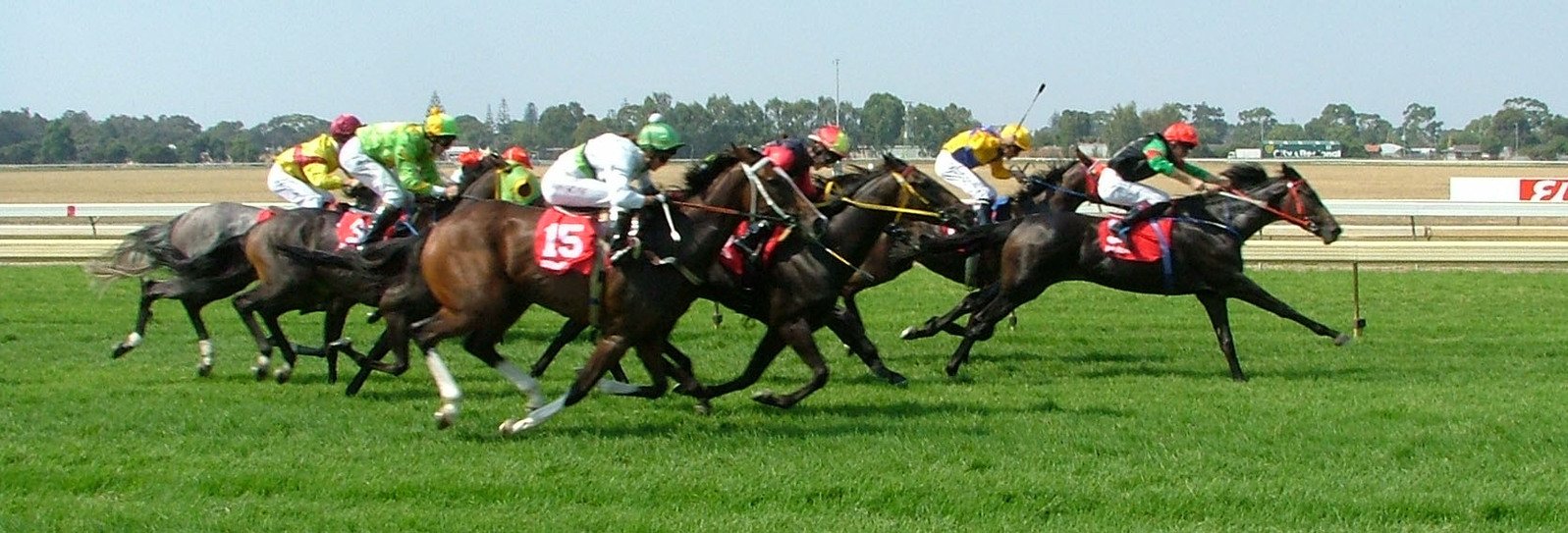

The European Patent Office helps your company to invent
24.06.2019
Dear Sirs,
Is your company's business model based on innovation but your employees (unfortunately) don't have any inventive skills? Don't worry. The European Patent Office (EPO) will help you out.
The latest creative “business idea” of the EPO’s top management can indeed turn (almost) any company into a high tech forge: EPO examiners are currently being trained to invent - for you!
You possibly belong to the large group of (old-fashioned) patent applicants who think that a patent examiner's job is to assess whether somebody has made an invention or not. If so, you may expect a patent examiner to do an in-depth prior art search for a patent application, and then, after thorough examination of the technical matter, to either deliver a patent for an invention or refuse the application for the lack of it. But these days nothing could be further from the truth.
The EPO President and top managers enjoy immunity from jurisdiction and execution. These people are above the law, including national law and ... patent law. Being one of these people – and knowing that you are above the law - you are free to do a lot of illegal and unethical things without taking any risk.
A current EPO pilot project is called “Collaborative Quality Improvements” (CQI). While users of the European patent system have become used to well sounding buzzwords whose true meaning is almost the exact opposite of what they appear to mean, they nevertheless seem to be buying the EPO’s we continue improving patent quality story. The CQI pilot was originally called “Team Collaboration Project” but later renamed. Its original aim was to boost productivity by at least 20%.
Several groups of examiners are currently working under the CQI umbrella, many against their will. The alleged objective of CQI is the improvement of patent quality by teamwork and knowledge sharing. This shall be achieved by more discussions within the three member examining divisions and regular CQI team meetings. But the unspoken objective of CQI is to increase the patent grant output. Examiners shall stop investing precious time in doing in-depth prior art searches. Instead, their managers expect them to base examination on the first potentially relevant document they come across. It is sufficient if that document, mainly its figures and some keywords, resembles a bit (just a little bit will be good enough these days) the patent application on the examiner’s desk. Ideally the examiner simply picks a document from a list generated by the EPO’s fully automated prior art search algorithm. That takes only a few minutes. The chosen document is then called the “closest prior art”.
In particular the COOs are pushing this new way of working. The first results of the CQI pilot were so promising that the EPO President mentioned them in an announcement to the staff earlier this year. VP1 presented the pilot to the Administrative Council in March 2019. The project is also mentioned in the (Draft) Strategic Plan 2023 (goal 3, key initiative 4) and shall be expanded to all EPO patent grant units.
Depending on the complexity of the technical field, a highly qualified, trained and specialized examiner needs in average 1 €½ to 2 €½ days to study a patent application and draft a search report and a detailed first reasoned assessment of the invention. But much of this effort shall in future be avoided. Prior art searching skills will no longer be required. Future EPO search reports may only contain some automatically retrieved documents. While the EPO’s automatic search algorithms are surely better than random number generators, the results they produce come rarely close to the truly relevant subject-matter, the genuine “closest prior art”.
Search reports will continue being published as usual, without any hint that the search process has been “streamlined”. The EPO’s obligation towards the other stakeholders, including your competitors and the public, are then formally met. The EPO will nevertheless charge you the full search fee.
But you will get something in return: instead of examining the patent application in the light of the prior art indicated in the search report (which can be rather irrelevant prior art, as explained above), the examiner will, during the examination phase, quickly read through the patent application and create your invention. This is sometimes achieved through collaborative brainstorming in pairs consisting of the examiner and the chairman of the examining division (that’s where the term “Team Collaboration Project” comes from). The aim of the exercise is to reach a horse deal for an “EPO invention”. When agreement is reached, you will receive a phone call from the examiner with a text proposal for a patent. The examiner will try to talk you into his proposal. All you need to do is to accept it. The proposal will then turn into your horse deal. But you won’t be aware of it since the examiner is not supposed to tell you that your patent application is being treated under the new work scheme. Of course, your competitors won’t know either.
When an automatically retrieved and rather irrelevant document is used as the “closest prior art”, the result of the consecutive patent examination will of course be arbitrary. The patents granted on such insecure basis will not provide legal certainty. But the EPO’s new business model is based on output (and bonuses for top managers) instead of honest work for the public. And why should you bother about carefully examining patent applications if you run a patent office being free to ignore the patent law?
We wish you a fruitful future cooperation with your business partner, the European Patent Office.
Yours faithfully,
Patent Examiners at the European Patent Office
Contact: https://www.epo.org/service-support/contact-us.html